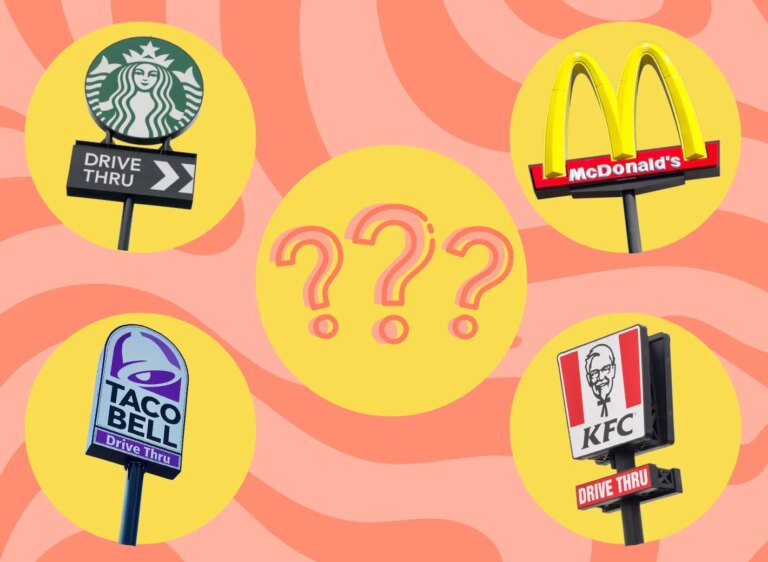More than 40 states are suing Meta for allegedly harming young people’s mental health by creating features on Facebook and Instagram that intentionally addict children.
Thibault Camus/AP
hide caption
More than 40 states are suing Meta for allegedly harming young people’s mental health by creating features on Facebook and Instagram that intentionally addict children.
A group of more than 40 states sued Meta on Tuesday, accusing the social media giant of designing products that are deliberately addictive and fuel the youth mental health crisis.
The legal actions allege that Meta has deceived the public about the harms of Facebook and Instagram, which the attorneys general say “exploit and manipulate” children.
Some observers are likening the litigation to the lawsuits of the 1990s against Big Tobacco that imposed new limits on tobacco industry marketing.
Jean Twenge, a professor of psychology at San Diego State University, said she hopes the suits force Meta to enact similar changes.
“These days, when we see people smoking, they’re in the small minority, and we think, what are they doing? Maybe we’ll think that way in the future about 12-year-olds and 14-year-olds being on social media,” Twenge said.
More than 30 states joined a federal suit with Arizona, New York, West Virginia and others against Meta. Other attorneys general, including Tennessee and Washington, D.C., filed similar legal actions on Tuesday in state courts.
Collectively, more than 40 states paint a picture of a company that brushed aside safety concerns about its products in order to addict as many young people as possible as a way of juicing its profits.
The authorities say Meta’s “dopamine-manipulating” features have poisoned an entire generation’s mental health, citing a recommendation algorithm that determines what people see when they log onto Instagram and Facebook, the ability to “like” posts and to scroll without limits.
The lawsuits are seeking to have Meta’s design features considered unlawful under state consumer protection laws that trigger hefty financial penalties. The state attorneys general are also asking courts to force the company to undertake drastic changes to Facebook and Instagram aimed at making the platforms safer for young people.
Generally, social media companies are immune from being held legally responsible for content generated by users under a law known as Section 230 that for decades has protected the tech industry.
Legal experts say Meta is likely to invoke Section 230 as part of its defense, but the state prosecutors have crafted the suits with hopes of working around the law since the allegations center on violations of consumer protection and child safety laws, not particular pieces of content.
Similar claims against tech companies have been met with mixed results in the courts, with some judges allowing cases to move forward despite Section 230 and other courts throwing suits out because of its powerful legal shield.
“I think that it’s a very close call as to whether Meta would succeed with a Section 230 defense,” said Jeff Kosseff, a law professor and author of the new book, “Liar in a Crowded Theater: Freedom of Speech in a World of Misinformation.”
Kosseff continued: “Courts are increasingly willing to conclude that Section 230 is not a defense in lawsuits arising from claims about product design, though the line is not always clear.”
In a statement, Meta spokeswoman Nkechi Nneji said the company shares the commitment of the states to providing teens with a safe, positive experience online. She said the company has introduced a number of features to support young users and their families.
“We’re disappointed that instead of working productively with companies across the industry to create clear, age-appropriate standards for the many apps teens use, the attorneys general have chosen this path,” Nneji said.
The court battles launched on Tuesday years after the Wall Street Journal exposed secret internal research at Meta that found that the company was aware of the harm Instagram has on the mental health of many teens, especially teenage girls, some of whom developed harmful body-image issues after using the platform.
In one internal finding the paper surfaced in its 2021 Facebook Files investigation, 32% of teen girls who felt bad about their bodies said using Instagram made them feel worse.
The connection between teens’ mental health and social media has sparked a heated debate.
Twenge at San Diego State University was a researcher on some large surveys of teens nationwide, and some of her work is cited by prosecutors in the lawsuits.
She said adolescents are in the midst of a mental health crisis. She points to teen depression doubling between 2011 and 2021. Various experts point to many different variables, yet Twenge said the obvious driver to her is social media.
“No other explanation really fits for why we have a doubling in teen depression at a time when the economy was doing well and crime was going down, and almost every other indicator for teens was getting better, but they were spending a lot more time on social media, a lot less time with each other face to face and less time sleeping,” she said.
This content was originally published here.




















